By ARHU Staff
In support of programs, initiatives and projects designed to impact enduring and emerging societal issues, the University of Maryland’s Grand Challenges Grants Program has awarded $30 million in funding to 50 projects and 185 faculty members across every school and college on campus. Among them, ARHU faculty are the recipients of one Institutional Grant, three Impact Awards, four Team Project Grants and one Individual Project Grant.
ARHU faculty are partnering with colleagues across campus to focus on groundbreaking and impactful research on topics including racial and social justice, education, pandemic preparedness and ethical technologies. Their work will shape the future of our community, state, nation and world.
Grand Challenges Grants with ARHU faculty involvement are outlined below. Please visit each project page for comprehensive details and a full list of participating faculty.
INSTITUTIONAL GRANT (up to $1M per year for 3 years of funding):
Maryland Initiative for Literacy & Equity (MILE): seeks to transform and integrate practices in education, speech pathology, library sciences, and parent/family engagement through streamlined and cutting-edge models of professional development and community outreach. (Colleges Represented: College of Education (EDUC), ARHU, College of Behavioral and Social Sciences (BSOS), College of Information Studies (INFO), School of Public Policy (SPP))
Principal Investigator (PI): Donald Bolger (EDUC)
ARHU Co-Principal Investigators (Co-PIs):
Kira Gor, Professor, School of Languages, Literatures, and Cultures
Colin Phillips, Professor, Distinguished Scholar-Teacher, Department of Linguistics; Director, Language Science Center
Juan Uriagereka, Professor, School of Languages, Literatures, and Cultures; Department of Linguistics
Learn more: research.umd.edu/mile
IMPACT AWARDS (up to $250K per year for 2 years of funding):
Urban Equity Collaborative: seeks to strengthen community-based institutions and the work of community activists around issues of urban inequality. (Colleges Represented: School of Architecture, Planning, and Preservation (ARCH), ARHU, School of Public Health (SPHL))
PI: Willow Lung-Amam (ARCH)
ARHU Co-PI: Nancy Raquel Mirabal, Associate Professor, Department of American Studies
Learn more: research.umd.edu/urbanequity
Pandemic Preparedness Institute (PPI): integrates a broad array of social and behavioral sciences to learn from COVID-19 and other disasters to better prepare for future public health emergencies. (Colleges Represented: SPHL, ARHU, BSOS, EDUC, INFO, Philip Merrill College of Journalism (JOUR))
Co-PI: Cynthia Bauer (SPHL)
ARHU Co-PI and team members:
Brooke Fisher Liu (Co-PI), Professor, Department of Communication
Anita Atwell Seate, Associate Professor, Department of Communication
Carina Zelaya, Assistant Professor, Department of Communication
Learn more: research.umd.edu/ppi
Values-Centered Artificial Intelligence: aims to promote the development of AI in a way that is not only ethical, but that advances human well-being more generally. (Colleges Represented: College of Computer, Mathematical, and Natural Sciences (CMNS), ARHU, Robert H. Smith School of Business (BMGT), BSOS, EDUC, INFO, JOUR, SPHL)
PI: Hal Daumé III (CMNS)
ARHU Co-PI: John Horty, Professor, Department of Philosophy
Learn more: research.umd.edu/vcai
TEAM PROJECT GRANTS (up to $500K per year for 3 years of funding):
Africa Through Language and Area Studies (ATLAS): will establish a central focal point for the study of African languages, history and contemporary issues in the UMD community with the goal of increasing the understanding of the African continent and its growing global influence. (Colleges Represented: ARHU, BSOS)
ARHU PI: Miranda Abadir, Second Language Acquisition, National Foreign Language Center
Learn more: research.umd.edu/atlas
Music Education for All: aims to develop an Artificial Intelligence (AI) platform, VAIolin, that will democratize music education. (Colleges Represented: ARHU, CMNS)
ARHU PI: Irina Muresanu, Associate Professor, School of Music
Learn more: research.umd.edu/music-ai
Fostering Inclusivity Through Technology (FIT): will develop a video-calling platform that promotes mutual understanding by highlighting team sentiment, building rapport with strangers, connecting past and current topics in conversations, and unobtrusively identifying and resolving misunderstandings. (Colleges Represented: BSOS, ARHU, BGMT, CMNS, A. James Clark School of Engineering (ENGR), INFO)
PI: Yi Ting Huang (BSOS)
ARHU Co-PI: Shevaun Lewis, Assistant Research Professor and Assistant Director, Language Science Center
Learn more: research.umd.edu/fit
Anti-Black Racism Initiative: seeks to build upon the state of Maryland’s legacy of racial equity and social justice and will position the University of Maryland as a leading anti-Black racist institution through three strategic and institutional initiatives that will amplify the new anti-Black racism (ABR) minor. (Colleges Represented: BSOS, ARHU, EDUC, SPHL)
PI: Jeanette Snider (BSOS)
ARHU Co-PIs:
John Drabinski, Professor, African American Studies and English, Department of English
Psyche Williams-Forson, Professor and Chair, Department of American Studies
Learn more: research.umd.edu/abri
INDIVIDUAL PROJECT GRANT (up to $50,000 per year for 3 years):
Human Rights Politics and Policies: Lessons from Latin America: two conferences, three articles and an edited volume that provides a definitive history of human rights in Latin America and corrects overly broad criticisms of human rights movements made by scholars who work on the United States and Europe. (College Represented: ARHU)
Karin Rosemblatt, Professor and Director of the Center for Historical Studies, Department of History
Learn more: research.umd.edu/human-rights-latin-america

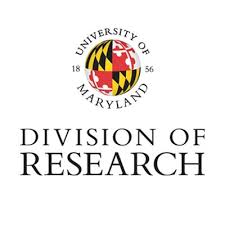
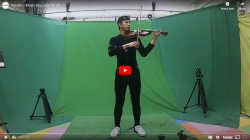

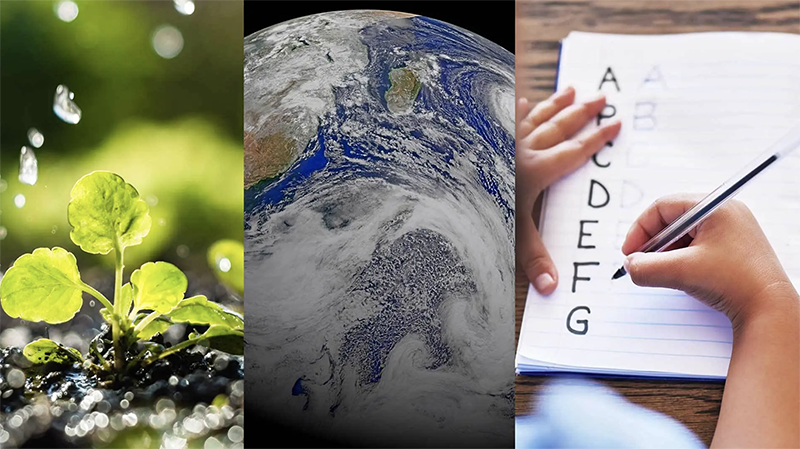
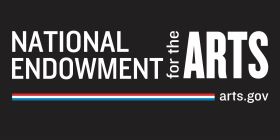
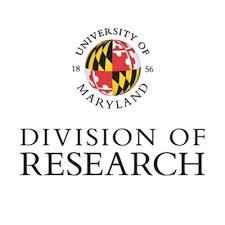
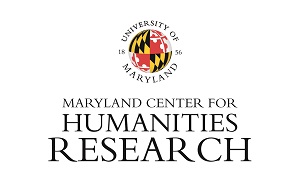
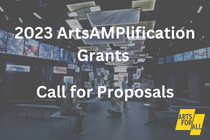
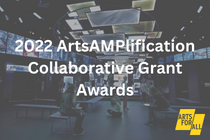
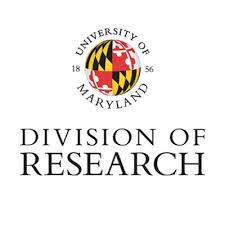
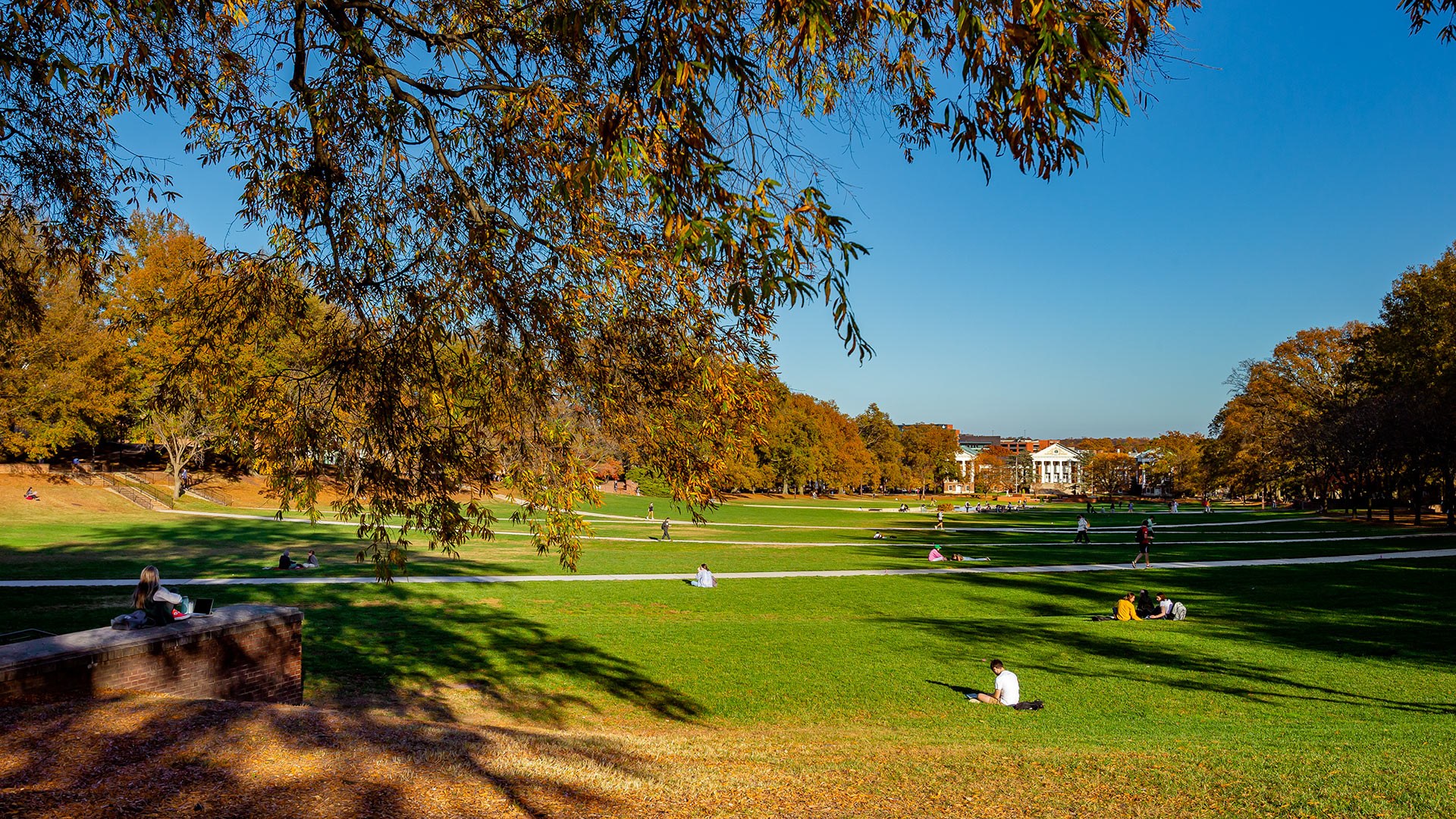
 Photo by Stephanie S. Cordle
Photo by Stephanie S. Cordle



